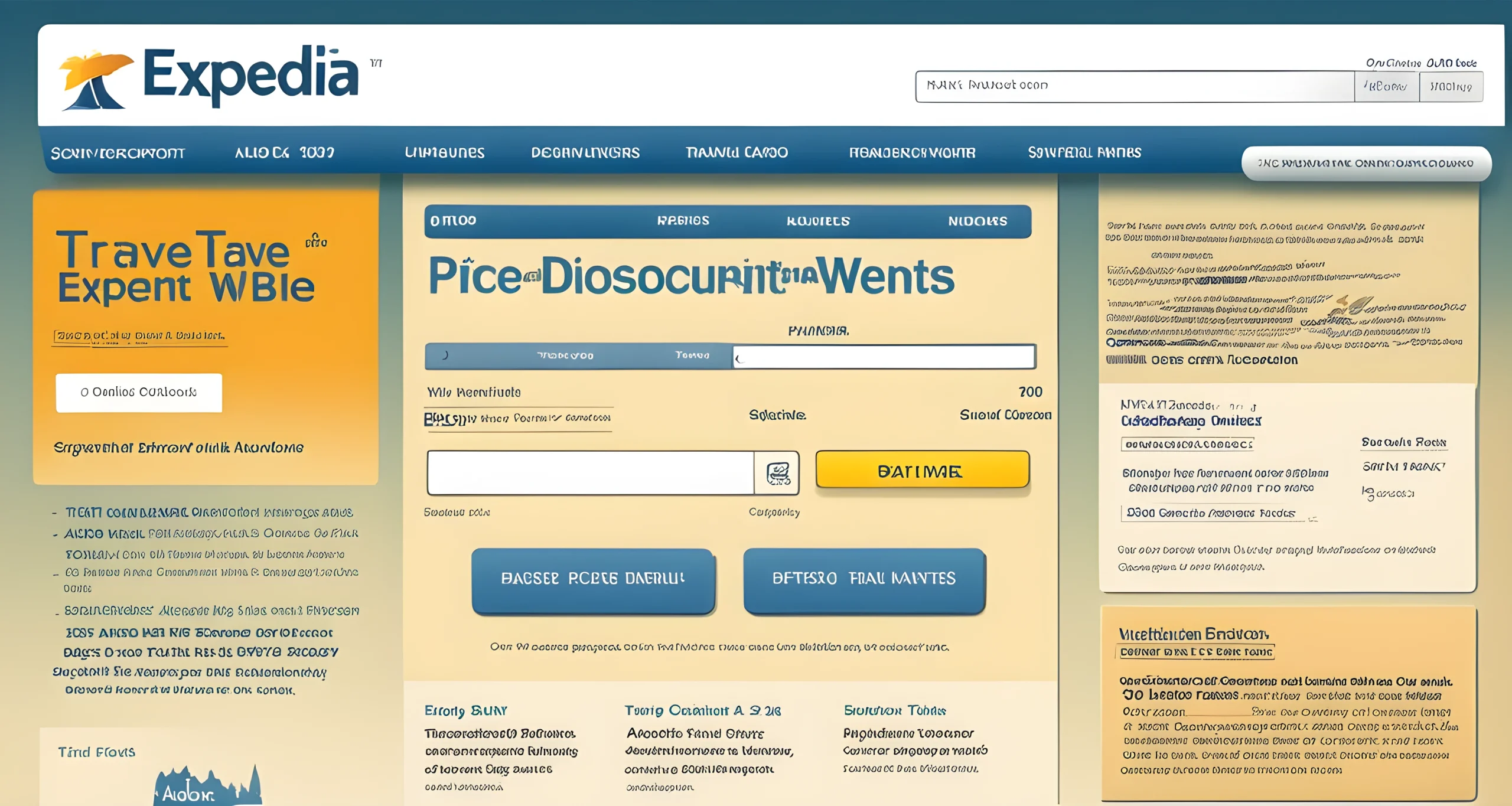Introduction
When it comes to budget travel, finding the best deals and discounts is essential. Fortunately, there are several top websites that offer a variety of tools and services to help travelers save money on their trips. From hidden coupon and mobile deals on hotels to negotiating rate hotels and comparing airfares, these sites have options for every aspect of travel planning.
Top Travel Discount Websites
- Hidden coupon and mobile deals: Many travel discount websites offer exclusive coupons and mobile deals for hotels and airlines, allowing travelers to save money on accommodations and flights.
- Negotiating rate hotels: Some websites provide tools for travelers to negotiate hotel rates, ensuring that they get the best possible price for their stay.
- Comparing airfares: By comparing airfares from different airlines, travelers can find the most affordable options for their flights.
For more tips on finding cheap flights, check out Inexpensive Flight Hacks.
With the abundance of resources available, budget travelers can have peace of mind knowing that they can find the best deals and discounts for their trips. Whether it’s through utilizing hidden coupons, negotiating hotel rates, or comparing airfares, these top travel discount websites offer a plethora of options to help travelers save money.
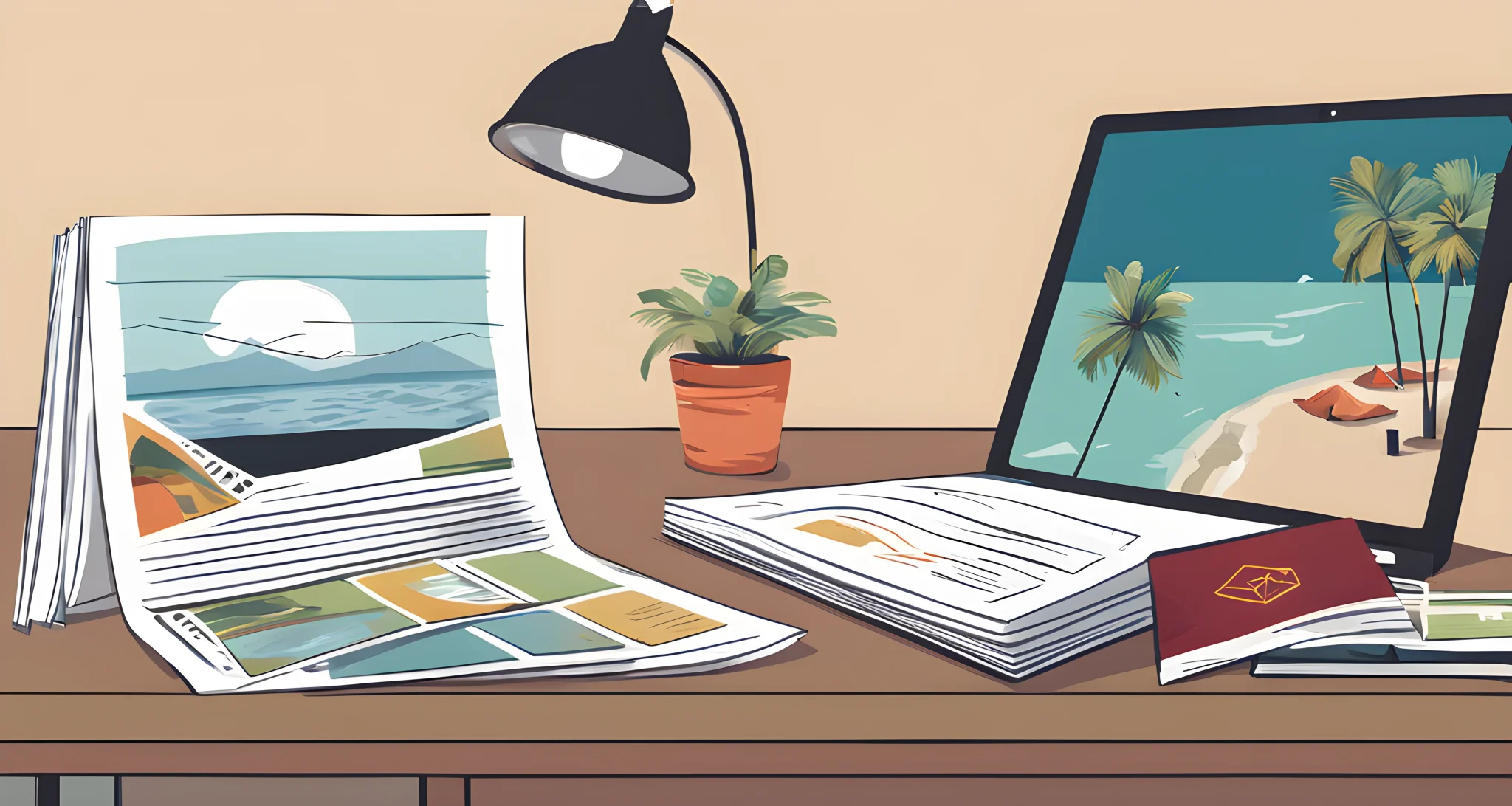
Factors to Consider for Budget Travel
When planning a budget travel experience, there are several important factors to consider in order to ensure a successful and financially manageable trip. Here are some key considerations to keep in mind:
Cost of Transportation
- Researching and comparing different modes of transportation, such as flights, trains, buses, or rental cars, can help you find the most cost-effective option.
- Booking tickets well in advance or being flexible with travel dates can often result in significant savings.
- Consider using budget airlines or alternative routes to save money on transportation costs.
Accommodation
- Researching and booking accommodation in advance can help you secure the best deals.
- Consider alternative options such as hostels, guesthouses, vacation rentals, or even camping to save on accommodation costs.
- Utilize discount websites such as Low-Cost Exotic Getaways to find affordable accommodations in exotic locations.
Meals
- Planning your meals and budgeting for food expenses can help you avoid overspending on dining out.
- Look for accommodation options that provide complimentary breakfast or access to kitchen facilities for self-catering.
- Exploring local markets and grocery stores for affordable meal options can also help you save money.
Activities
- Researching free or low-cost activities at your destination can help you create an itinerary that fits within your budget.
- Look for discounted attractions, museums, or tours, and consider purchasing city passes or tourist cards for additional savings.
- Embracing outdoor activities such as hiking, biking, or swimming can provide enjoyable experiences at little to no cost.
Unexpected Expenses
- Setting aside a portion of your budget for unexpected expenses such as medical emergencies, lost belongings, or transportation mishaps is crucial.
- Consider purchasing travel insurance to provide coverage and peace of mind in case of unforeseen circumstances.
- Having a contingency fund can help you navigate unexpected expenses without disrupting your overall travel budget.
By considering these factors and incorporating them into your travel planning process, you can create a detailed travel budget that allows for flexibility while ensuring that you don’t overspend during your trip. This approach will help you make the most of your travel experience without breaking the bank.
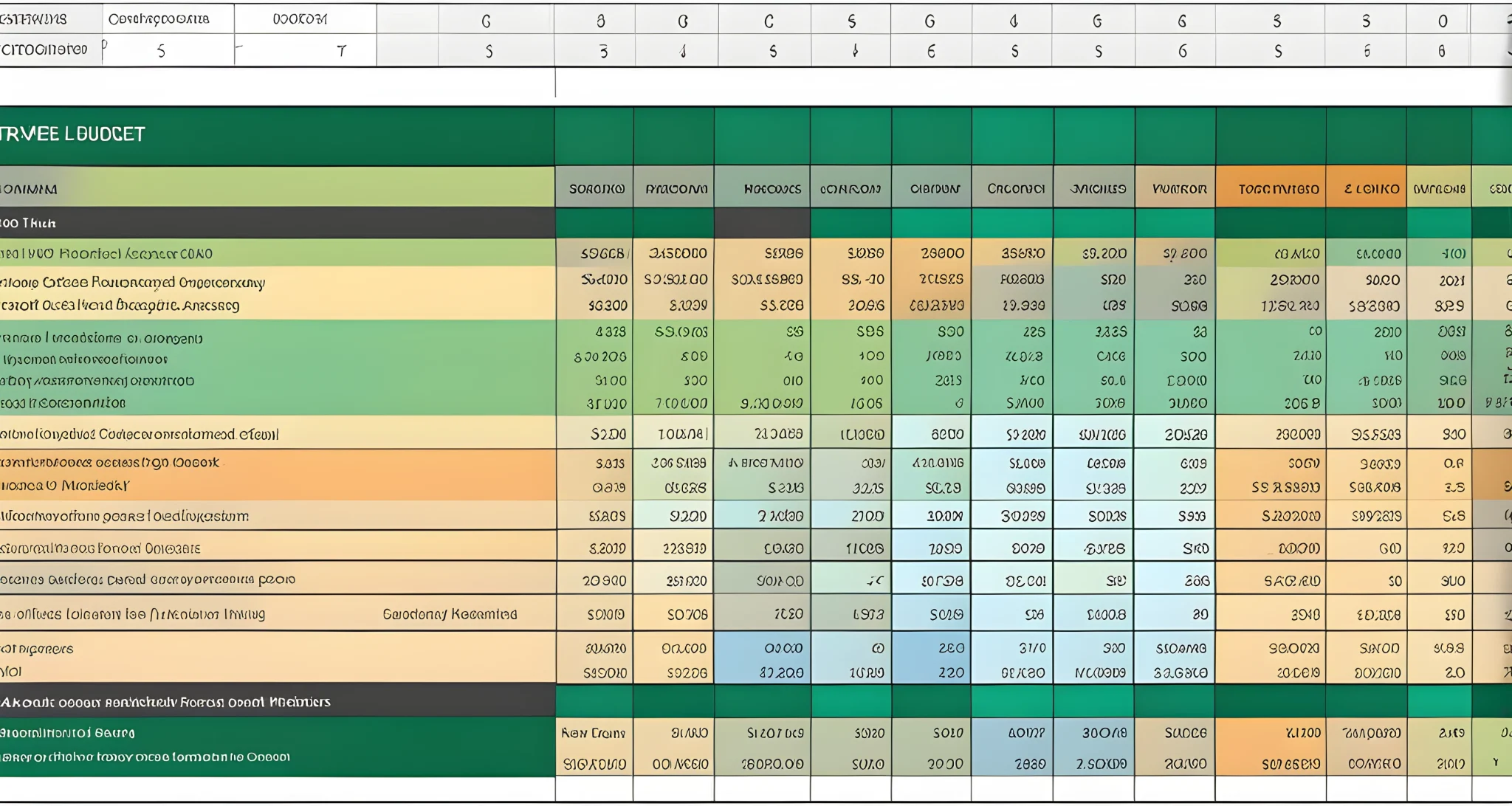
Creating a Detailed Travel Budget Spreadsheet
When it comes to budget travel, keeping track of expenses is crucial to staying within your financial limits. One effective way to do this is by creating a detailed travel budget spreadsheet. This allows you to monitor your spending and make adjustments as needed to stay on track.
Benefits of a Travel Budget Spreadsheet
- Helps you stay organized and accountable for your expenses
- Provides a clear overview of where your money is going
- Allows for easy adjustments to your budget based on actual expenses
Expense Categories
A comprehensive travel budget spreadsheet should include categories for:
- Transportation: This can include flights, trains, buses, rental cars, or gas for road trips.
- Accommodation: Budget for hotel stays, Airbnb rentals, or hostel fees.
- Meals: Plan for dining out, groceries, and any necessary snacks or drinks.
- Activities: Include costs for excursions, tours, museum admissions, or any other entertainment.
- Miscellaneous Expenses: This category can cover unexpected costs or souvenirs.
Tracking Estimated vs. Actual Costs
By inputting estimated costs and tracking actual expenses in each category, you can easily see where adjustments may be necessary. For example:
- If you estimated $500 for meals but have already spent $400 in the first week, you may need to cut back on dining out for the remainder of your trip.
- If your transportation costs are higher than expected, you might need to find cheaper alternatives or reevaluate your itinerary.
Tools for Creating a Budget Spreadsheet
There are various tools available to help create a travel budget spreadsheet:
- Microsoft Excel or Google Sheets: These platforms offer customizable templates for budgeting.
- Mobile Apps: There are apps designed specifically for travel budgeting that allow you to input expenses on the go.
- Online Templates: Many websites offer free downloadable templates tailored to travel budgeting needs.
Refining Your Budget
As you continue to track your expenses and adjust your budget accordingly, you’ll gain insight into your spending habits and where you may be able to save money. This refined approach can help you make the most of your travel funds without sacrificing experiences.
By creating and consistently updating a detailed travel budget spreadsheet, travelers can effectively manage their expenses and ensure that they stay within their financial means while enjoying their trip.
For more tips on economical urban travel, check out our article on Economical urban travel.
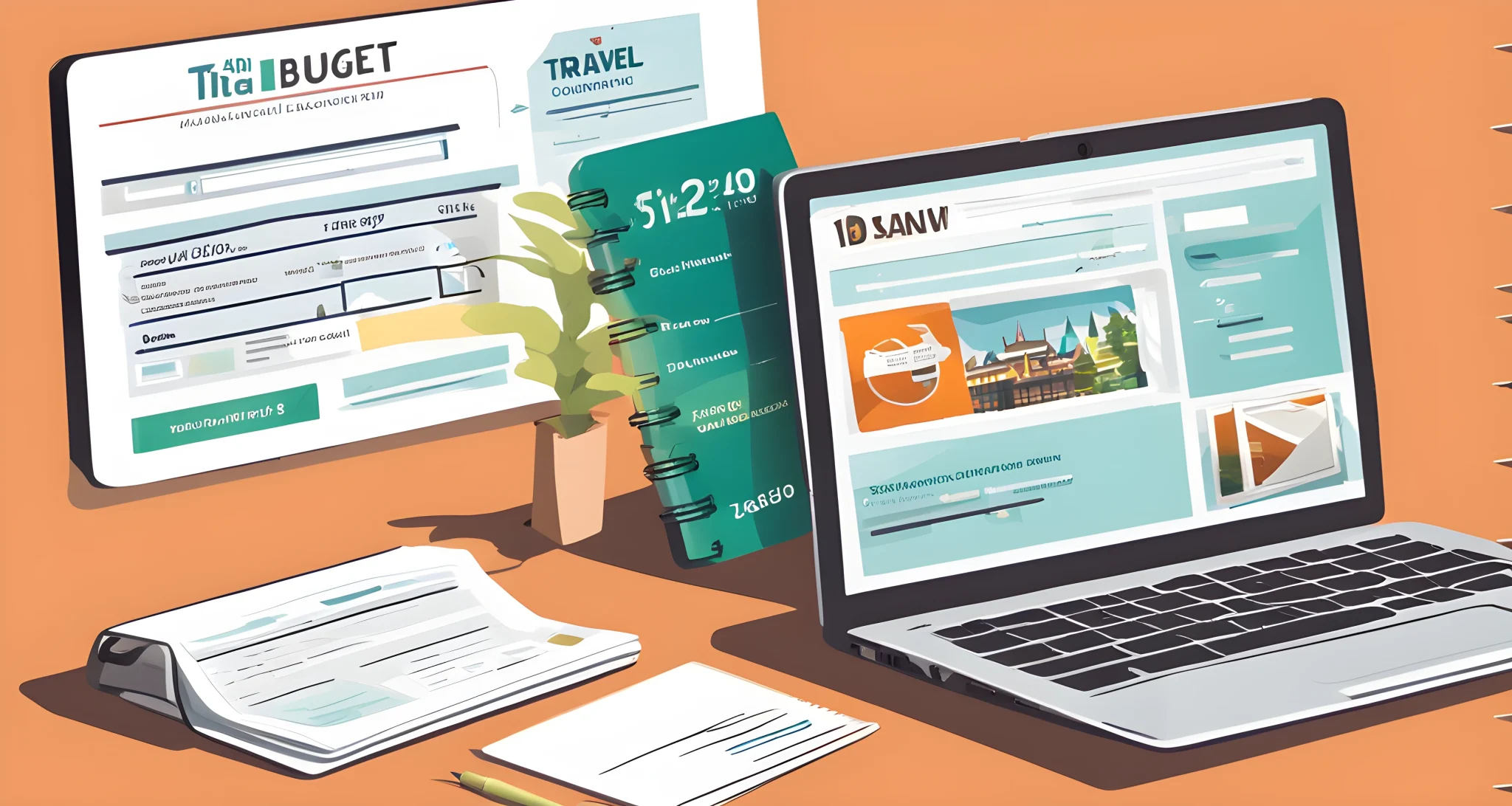
Refining Your Budget with Expense Categories
When it comes to budgeting for travel, breaking down expenses into specific categories can be incredibly helpful. By doing so, travelers can gain a more detailed understanding of where their money is going and identify areas where they can potentially save. Here are some tips for refining your budget with expense categories:
-
Detailed Analysis: Instead of grouping all meals together, consider breaking it down into categories for breakfast, lunch, dinner, and snacks. This can provide a clearer picture of your spending habits and help you make more informed decisions about where to cut back.
-
Identifying Saving Opportunities: Once you have a detailed breakdown of your expenses, you may start to notice patterns or areas where you are overspending. This can help you identify opportunities to save money and make adjustments to your spending habits.
-
Flexibility: Breaking expenses into categories allows for greater flexibility in your budget. If you find that you are spending more in one category than anticipated, you can make adjustments by cutting back in another category to stay within your overall budget.
-
Accountability: By tracking expenses in specific categories, travelers can hold themselves more accountable for their spending. This level of detail can help avoid overspending and ensure that funds are allocated appropriately throughout the trip.
Mandatory Budget Travel Advice
Overall, refining your budget with expense categories allows for a more comprehensive and detailed approach to managing your travel finances. It can help travelers make more informed decisions about their spending and identify areas where adjustments can be made to stay within budget.
By taking the time to break down expenses into specific categories, travelers can gain a clearer understanding of their spending habits and make adjustments as needed. This level of detail can ultimately lead to a more enjoyable and financially responsible travel experience.
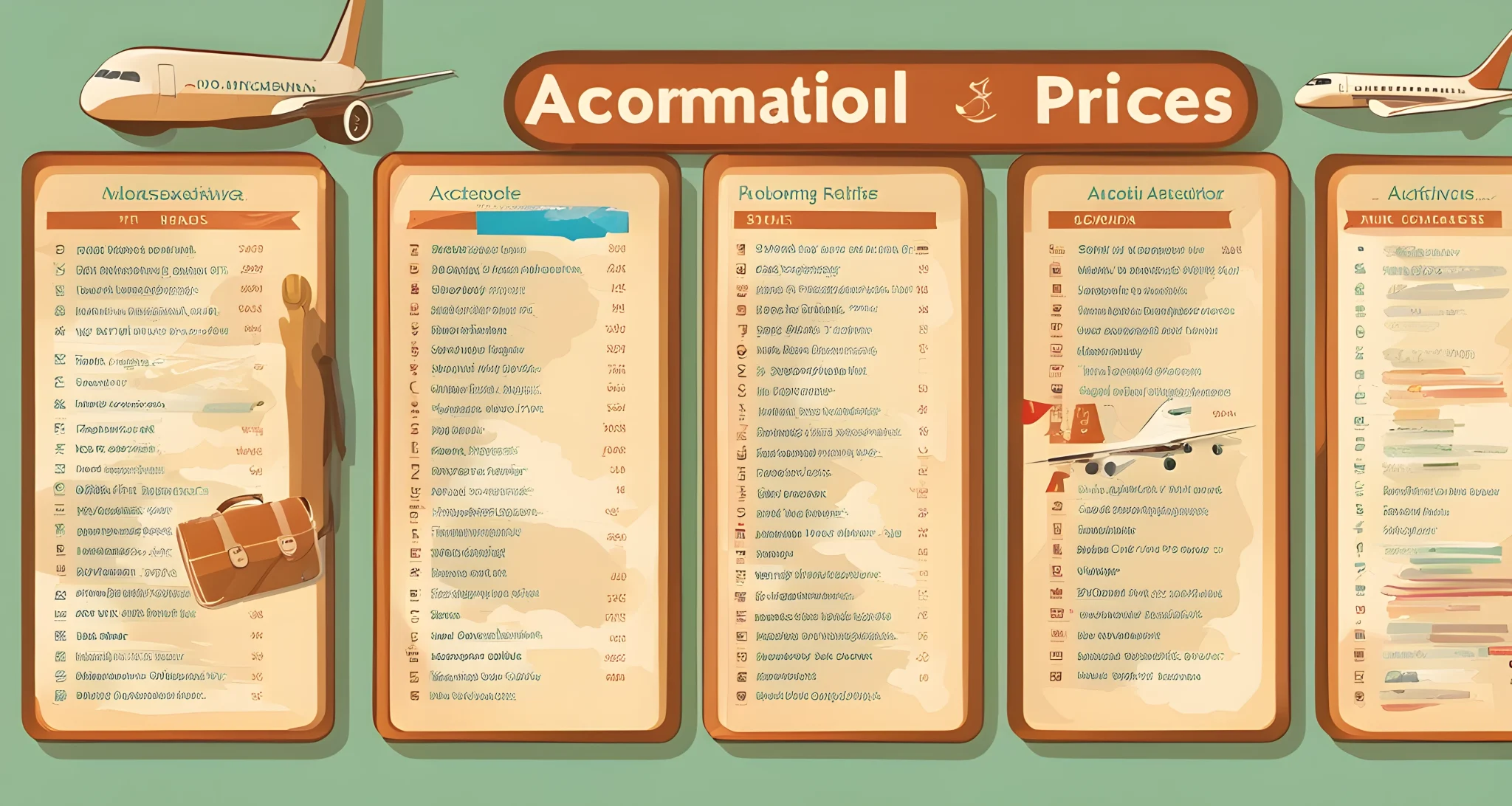
Budgeting by Item or Category
When it comes to budgeting for travel, there are various approaches that can be used to manage expenses effectively. One such approach is budgeting by item or category. Instead of allocating a total sum of money for the entire trip, travelers can allocate specific amounts for different expenses they anticipate.
Allocating Specific Amounts
Using this approach, travelers can set a budget of $100 for meals, $50 for activities, and $50 for miscellaneous expenses per day. This method allows for a more detailed breakdown of expenses and helps individuals to stay disciplined with their spending. By setting specific limits for each category, it becomes easier to track where the money is being spent and to prevent overspending in any one area.
Disciplined Spending
Budgeting by item or category encourages travelers to be mindful of their spending habits. It forces them to make conscious decisions about where their money goes and promotes financial discipline throughout the trip.
Prevention of Overspending
By setting specific limits for each expense category, travelers are less likely to overspend in any one area. This can help ensure that funds are allocated appropriately throughout the trip and reduce the risk of running out of money prematurely.
Staying Prepared
Budgeting by item or category also helps travelers stay prepared for all expenses that may arise during their trip. By allocating funds specifically for meals, activities, and miscellaneous expenses, individuals can better anticipate their financial needs and avoid any unexpected financial stress.
Integration with Detailed Travel Budget Spreadsheet
This approach can easily be integrated into a detailed travel budget spreadsheet, allowing travelers to plan out their daily expenses in advance and monitor their spending throughout the trip. By keeping track of how much is being spent in each category, adjustments can be made as needed to stay within the budget.
In conclusion, budgeting by item or category is a practical approach that can help travelers effectively manage their finances during a trip. By setting specific limits for different expense categories, individuals can stay disciplined with their spending, prevent overspending, and stay prepared for all financial needs that may arise during their travels.
For more budget travel tips, check out Cost-effective world exploration tips article.
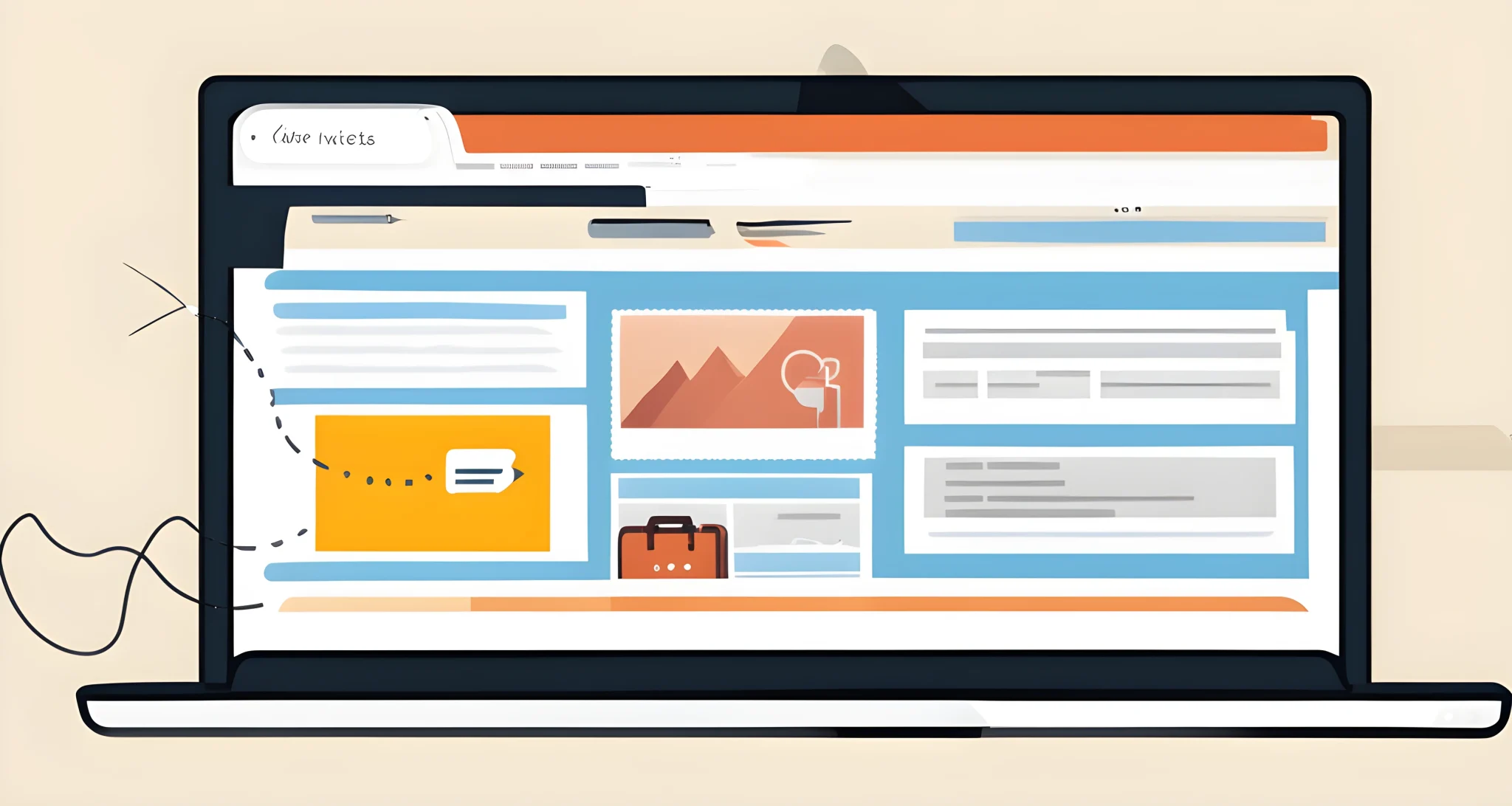
Staying Prepared for All Expenses
When it comes to budget travel, staying prepared for all expenses is crucial to ensure a stress-free trip. Here are some essential tips for staying prepared:
Setting Aside Emergency Funds
- Create a separate fund for unexpected costs, such as medical emergencies or last-minute transportation changes.
- Aim to set aside at least 10% of your total travel budget for emergencies.
Being Aware of Additional Fees and Charges
- Research and be aware of any additional fees or charges that may arise during your trip, such as baggage fees, resort fees, or tourist taxes.
- Check the fine print when booking accommodations or transportation to avoid any surprise charges.
Planning for Currency Exchange
- If traveling internationally, be sure to plan for currency exchange fees and unfavorable exchange rates.
- Consider using a credit card with no foreign transaction fees to minimize additional charges.
Researching Local Customs and Practices
- Before traveling to a new destination, research local customs and practices around tipping, bargaining, and dining etiquette.
- Being knowledgeable about local customs can help you avoid unintentional expenses or cultural misunderstandings.
Utilizing Travel Insurance
- Consider purchasing travel insurance to protect yourself from unforeseen circumstances such as trip cancellations, medical emergencies, or lost luggage.
- Compare different travel insurance policies to find the best coverage for your specific needs.
By staying prepared for all expenses, you can avoid financial stress and enjoy your trip without worrying about money. For more tips on saving money while traveling, check out our article on Budget-friendly family vacation.
Remember, budget travel doesn’t have to mean sacrificing comfort or missing out on experiences. With careful planning and preparation, you can make the most of your travel budget and create lasting memories without breaking the bank.
FAQ
How can i find hidden coupon and mobile deals on hotels?
You can use goseek to search multiple hotel booking sites at once and automatically input active coupon codes to show deals that other sites may not offer. it also provides filters for mobile, senior, automobile club, and other deal-getting criteria.
What is the best site for comparing airfares?
Google flights is a powerful search engine that shows the cheapest flights to destinations worldwide and offers a calendar-based view to find the best deals over the next 12 months. it also includes a map-based feature to check the cheapest places to fly from your airport during your selected date range.
How can i access negotiated-rate hotels without including a car or flight?
You can use united vacations to access negotiated-rate hotels without including a car or flight. simply select ‘package type: hotel’ to see if there are lower rates available compared to the airline’s main website.
What is a good option for risk-takers when booking a hotel?
Priceline offers ‘express deals’ that allow users to filter their hotel search by star rating, neighborhood, and other criteria before committing to a mystery hotel. if you find a lower-priced hotel within 24 hours of booking, priceline will refund the difference.
